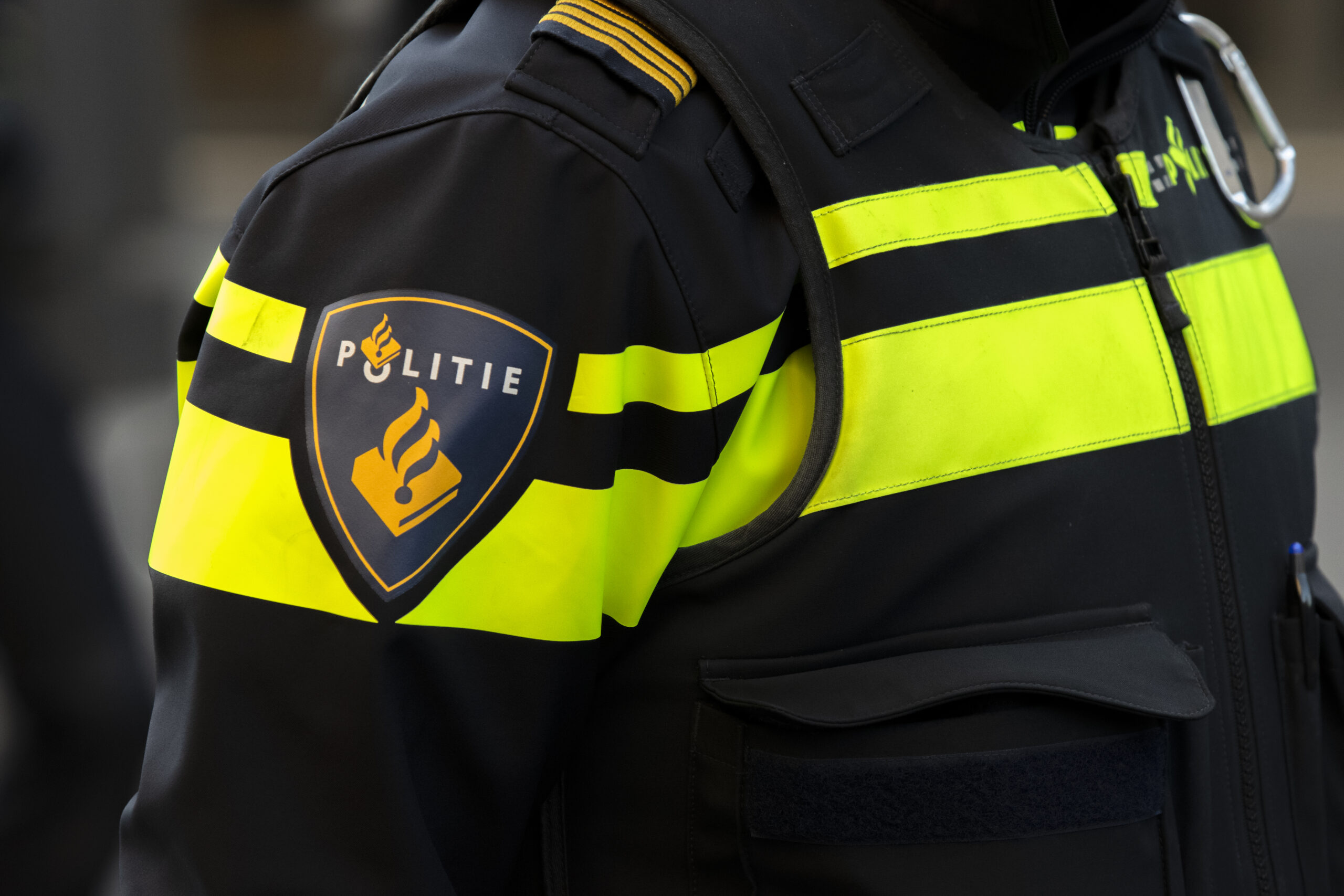Police dropping more criminal cases due to staff shortages

Dutch police are shelving more criminal investigations because of a lack of time and personnel, according to figures obtained by current affairs show Pointer. Last year, at least 45,000 cases were closed without investigation – more than double the number in 2020.
These include not only minor offences but also serious crimes such as assaults, break-ins and threats, Pointer said.
In 2023, some 3,700 so-called “high impact crimes” were ended early because of a lack of capacity, twice as many as four years earlier. About 42,000 reports of more common crimes, including bicycle theft, online fraud and shoplifting, were put on ice.
Police chief Gert Veurink told Pointer the situation is “worrying” and that in the first half of this year another 24,000 cases were halted for the same reason.
Staff shortages sometimes mean that evidence is lost because there is no time to analyse data, interview witnesses or examine a crime scene. The police say they prioritise the most promising cases and those involving victims, but smaller or less clear cases often fall through the cracks.
One of the reasons for the shortage is the extra work the police have taken on in recent years, Veurink said.
“Think of all the deployments for demonstrations and the Nato summit, the many reports involving people with psychiatric problems, and the growing demand for protection and security,” he said. “That means we have to make more and more difficult choices.”
In addition, more than 1,500 of the country’s 10,000 detectives are expected to retire in the coming years.
To fill the gaps, the police are recruiting from outside the force and introducing shorter training programmes. They also hope technology will make investigations more efficient and have asked the government for an extra €350 million a year to tackle the crisis.
Criminologist Maarten Kunst of Leiden University told Pointer it is vital that victims are told clearly what the police can and cannot do. “That conversation has to be constructive – people should at least know what support they will receive, even if their case isn’t pursued,” he said.
Thank you for donating to DutchNews.nl.
We could not provide the Dutch News service, and keep it free of charge, without the generous support of our readers. Your donations allow us to report on issues you tell us matter, and provide you with a summary of the most important Dutch news each day.
Make a donation